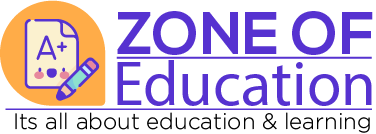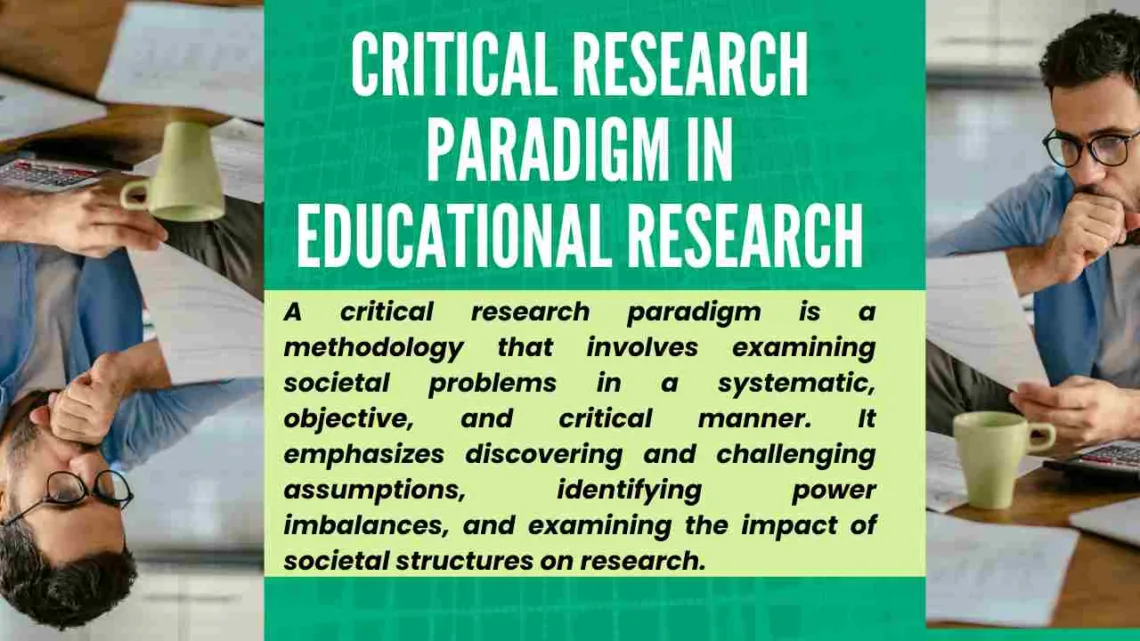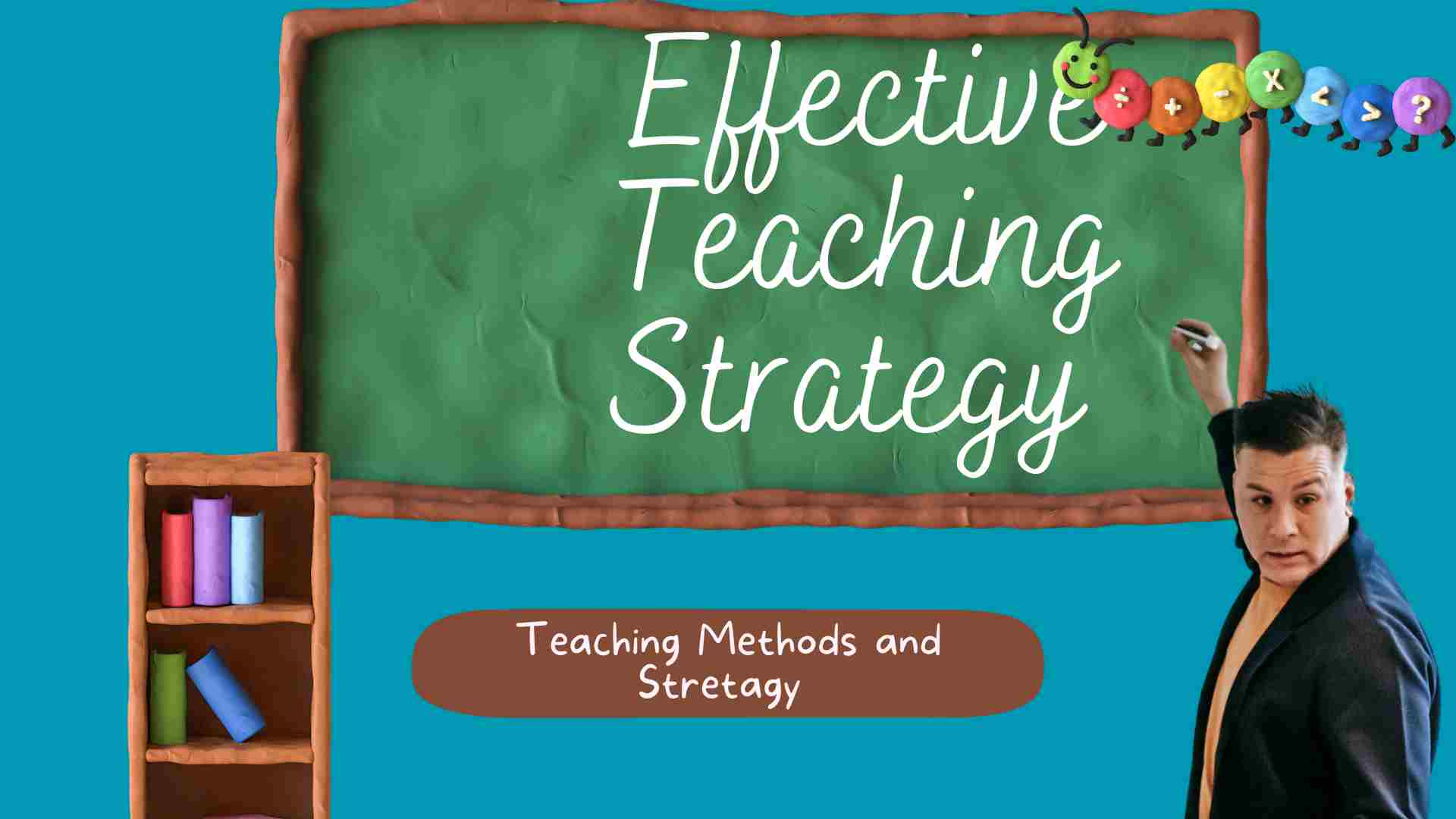A critical research paradigm is a methodology that involves examining societal problems in a systematic, objective, and critical manner. It emphasizes discovering and challenging assumptions, identifying power imbalances, and examining the impact of societal structures on research.
Critical research is rooted in critical theory, which is a theory that focuses on how ideology shapes people’s experiences and actions. This research approach is often used in fields such as sociology, education, and public health.
As you know we have already introduced the series of articles on Research Paradigms by reading all the different paradigms, also called philosophical perspectives, philosophical epochs, or, sometimes also called the “isms”.
This article deals with Critical Theory but once again you may need to know about the research paradigm so here the basics are listed.
Choosing the right research paradigm is important in research because, for researchers, a paradigm shapes how we see the world and what we believe is possible. It involves ontological, epistemological, and methodological considerations that influence how we understand reality.
Richards (2003) agrees, highlighting that a paradigmatic position involves ontology and epistemology, which deal with our beliefs about the world. This means that paradigms differ not only in methodologies but also in basic philosophies.
For new researchers, deciding on a paradigm for their research can be challenging. They often weigh options between positivist and constructive paradigms to establish a solid research foundation for obtaining valid data.
The dominance of positivist and constructive approaches has overshadowed the critical theory paradigm, which is relatively newer but potentially more robust.
We believe that with the rise of the critical paradigm, we may see a shift from the traditional positive and constructive approaches to critical and non-critical ones.
Non-critical paradigms focus on observing situations, while the critical paradigm, driven by a reformative spirit, goes beyond observation to actively seek positive change for a better world.
To better understand the potential of the critical paradigm and its transformative nature, it is essential to delve deeper into its principles and applications. This exploration will shed light on how the critical paradigm can contribute to advancing research and fostering positive societal change.
But first, let’s know the four main Research paradigms
4 Types Of Research Paradigm
In educational research, we are mainly limited to the following four research paradigms:
- Positivist Research Paradigm (Read This Article)
- Interpretive Research Paradigm (Read This Article)
- Pragmatist Research Paradigm (Read This Article)
- Critical Paradigm (Explained Below)
Hopefully, you have read all three research paradigms. So it’s time to continue and explore the fourth one which is the Critical Paradigm.
Critical Paradigm Definition
The critical theory paradigm states that social science can’t be 100% objective, real, and value-free. That’s why this paradigm is focused on enacting social change through scientific investigation.
Critical theorists question knowledge and procedures and acknowledge how power is used (or abused) in the phenomena or systems they’re investigating.
The critical paradigm stands out as a distinct and influential perspective. Rooted in a foundation that explores the power dynamics, inequality, and the pursuit of social change.
This paradigm takes inspiration from early social theorists like Max Horkheimer and extends into contemporary contributions, notably those of feminist scholars such as Nancy Fraser.
“A critical paradigm is a research approach that questions and examines the status quo to uncover hidden power dynamics and inequalities. It involves a rigorous process of analyzing and interpreting information, uncovering hidden biases, and critiquing the societal value system. In critical research, the researcher’s positionality is also examined, to understand how it may impact the research process. Critical research can be applied to a wide range of fields, including education, sociology, public health, and criminal justice.”
Understanding Critical Paradigm
The critical paradigm fundamentally challenges the positivist viewpoint, asserting that social science can never achieve true objectivity or be entirely free from values. Instead, it positions itself as an approach geared towards social change.
In contrast to traditional paradigms, critical researchers describe and explore their investigations with a conscious awareness of prevailing biases within systems, particularly against groups like women or marginalized ethnic communities.
Critical theory has historical ties to three prominent figures of the original Frankfurt School: Horkheimer, Adorno, and Marcuse. These scholars initiated the first systematic effort to apply traditional empirical research techniques to refine and test propositions derived from the Marxist tradition.
Horkheimer (1982: 244), a founding member of the Frankfurt School and a key figure in Critical Theory, defines the term as the pursuit of human emancipation to free individuals from enslaving circumstances.
Critical theory stands in contrast to traditional theories that merely explore and confirm the existing status quo; instead, it challenges the status quo, aiming for a balanced and democratic society. It is particularly concerned with power relations within society, examining the interactions of race, class, gender, education, economy, religion, and other social institutions contributing to the overall social system.
Horkheimer’s definition sets forth three criteria for an adequate critical theory, as also noted by Bohman (2005):
- It must explain what is wrong with the current social reality
- Identify actions to bring about change
- provide clear norms for criticism and transformation
These criteria underscore the multidimensional nature of critical theory, requiring theorists not only to explore problems but also to identify effective strategies for societal implication.
Horkheimer’s influence from the Marxist notion of the supremacy of the economy’s overall social aspects is evident.
However, Kincheloe & McLaren (2000) challenge Marx’s idea that the ‘base’ determines’ superstructures’, asserting the importance of other forms of power, including racial, gender, and sexual axes of domination.
They argue that economic factors are crucial but interconnected with other axes of oppression.
Critical theory does not merely aim to highlight and explain social factors causing oppression but also strives for a social setup based on equality for all members.
While often associated with the Frankfurt School, critical theory encompasses various philosophical approaches with similar practical aims, such as feminism and critical race theory (Bohman, 2013).
Researchers interpret critical theory differently, allowing room for disagreement (Kincheloe & McLaren, 2000).
There are several versions, including classical critical theory (closely related to neo-Marxist theory), post-positivist formulations divorcing from Marxist theory but insisting on conventional rigor, and postmodernist or constructivist-oriented varieties rejecting objective research concepts and critiquing the political-economic system.
Denzin & Lincoln (2007) combine these theories, emphasizing common features across feminist, ethnic, Marxist, cultural studies, and queer theory.
They assert a materialistic ontology privileging the real world’s impact on race, class, and gender.
Subjectivist epistemologies and methodologies are employed, with empirical material and theoretical arguments evaluated in terms of emancipatory implications.
Critical theory, while open to constructive possibilities and empirical techniques, does not imply complete harmony with other paradigms. Arguments for the critical paradigm do not advocate the dissolution of other approaches but emphasize its more philosophical and accommodating nature compared to methodological paradigms less concerned with the independent nature of truth or reality.
Research Techniques In Critical Theory
Critical theory is adaptable to any methodology or technique that could contribute to improving the unbalanced social system. To achieve these goals, critical theorists use diverse methodologies. Unlike constructivists and positivists, critical paradigms lack the concept of a ‘critical methodology.’
A defining characteristic of critical research methodology is the flexibility that allows for an ongoing contextual and not pre-determined linkage between theories and methods (Morrow, 1994).
Hussain, Elyas, and Naseef (2013) note that critical researchers may utilize qualitative, quantitative, or mixed methods, with an inclination toward qualitative research designs.
The key distinction from constructive research lies in the inherent reformative drive of critical research.
Ideology critique, critical action research, and critical discourse analysis are typical tools in critical research. Fairclough (1999) uses the term ‘critical theory’ at times, related to the critique of ideology and the effects of domination but not specifically aligned with the critical theory of the Frankfurt School.
Ideology critique involves scrutinizing the ideology of powerful groups using particular values and practices to exert control over the proletariat or the suppressed class.
An ideology is defined as an organized collection of ideas with the main purpose of offering societal change through a normative thought process.
False consciousness, a Marxist hypothesis, posits that material and institutional processes in capitalist society mislead the proletariat about the nature of capitalism, representing ideological control.
Critiquing such practices and values reveals the vested interests of the exploiting group and restores the consciousness of the oppressed class.
Critical action research is another tool aimed at uncovering injustice and bringing about change.
Cohen, Manion & Marrison (2000) elaborate that action research focuses on practice in education, empowering practitioners by giving them a voice and accounting for disadvantages affecting teacher communities based on gender, ethnicity, or other biases.
In the educational context, teacher communities can enhance their professional status and practices in the classroom, improving the quality of education for pupils through competent critical research (Kincheloe, 2003).
Swann & Pratt (2003) observe that critically informed research in practice can resist positivistic tendencies in curriculum development evident in non-reflective and top-down standardized formats.
- Critical Theory challenges conventional knowledge bases and methodologies, aiming to reveal and critique socio-historical specificities that perpetuate structural inequalities.
- It focuses on the critical meanings of experiences related to gender, race, and class oppression.
- Within this framework, researchers acknowledge that social reality is historically created and reproduced by individuals, constrained by various forms of domination.
- Consciousness and identity formation occur within the political field of knowledge.
- Critical theorists argue against dispensing with values and political considerations in research, emphasizing the influence of context and ideological frames of reference on our understanding.
- Each historical period dictates what is considered scientific fact, contributing to the reproduction of societal inequalities across generations.
Critical Theory Asserts Three Types Of Knowledge:
- Technical Interest for Control
- Practical Interest in Understanding Meaning
- Emancipating Interest in Growth And Advancement
Researchers using this approach critique social structures through discourse analysis, exposing power relationships and societal dynamics, particularly conflicts and inequalities.
The practical application of critical theory in research emphasizes its role in criticizing and justifying the societal status quo while providing alternative knowledge for a better social order. The critical paradigm is rooted in an approach to science, a conception of society, and a vision to realize certain values.
Aviandi highlighted five studies of theoretical research using critical theory, encompassing Western Marxism, hermeneutics, Weberian, French social theory, and critical realism. The application of critical research in accounting includes works by Gendron and Humphrey, among others, demonstrating its relevance in understanding the social dimensions of auditing and accounting research.
Critical theory offers a powerful lens for researchers to engage with societal structures, promoting a deep understanding of power dynamics, societal conflicts, and the potential for emancipatory change. The webinar facilitated insightful discussions on critical paradigms and their practical applications, highlighting the ongoing relevance of this theoretical framework in contemporary research.
Critical Discourse Analysis CDA
Critical Discourse Analysis (CDA) stands out as a valuable tool frequently used by researchers within the critical paradigm.
According to Van Dijk (2001), CDA is a type of discourse analytical research that primarily examines how social power abuse, dominance, and inequality manifest, persist and encounter resistance through text and talk in the social and political context.
This definition shows the analytical nature of CDA, focusing on the misuse of power by social institutions based on political, cultural, ethical, or gender considerations. The critical analyst’s role extends beyond understanding to exposing and challenging the social inequality revealed through critical discourse analysis.
Fairclough (2003) notes that discourse analysis should be complemented by other types of analysis, such as sociological or ethnographic approaches, in research on change.
CDA holds significant potential for critical research, contributing to societal transformation.
Discourse structures play a pivotal role in shaping power relations, influencing how we negotiate relative status through interactions. The interconnected dynamics of language, power, and society warrant exploration from the CDA perspective. In this regard, ‘the declared purpose of CDA is to expose how language is used in the socio-political abuse of power.
Characteristics of Critical Theory
Rejecting Objectivity for Social Transformation
A key departure from positivism lies in the critical paradigm’s rejection of the notion of objective and value-free research. Critical researchers acknowledge that biases are inherent, and their work is a deliberate effort to illuminate and rectify these biases. The pursuit of social change is not just an incidental outcome but a primary objective woven into the fabric of their research endeavors.
From Analysis to Action
In the critical paradigm, research is not a detached observation of power imbalances but a proactive engagement to alter these imbalances. Researchers operating within this framework recognize the need for systemic change and design their projects to contribute meaningfully to this transformation. This entails collecting data that not only informs understanding but also empowers individuals and advocates for structural shifts.
Implications for Educational Research
Applying the critical paradigm to educational research signifies a commitment to unraveling and challenging power dynamics within educational systems. Researchers within this paradigm explore how biases and inequalities manifest in educational settings, aiming not only to document these issues but to instigate tangible changes. This approach resonates particularly with postgraduate students navigating the complexities of educational research, encouraging them to adopt a lens that goes beyond observation to actively foster positive change.
The critical paradigm offers a robust framework for researchers in education to navigate the complexities of power, inequality, and social change. As postgraduate students delve into the nuances of educational research, embracing the critical paradigm can provide a transformative lens through which to view and contribute to the evolving landscape of education.
Critical Paradigm Examples
The Critical Paradigm provides a lens through which we can critically examine and address various issues within the educational system.
Here are examples that illustrate the application of the Critical Paradigm from an educational and classroom perspective:
Curriculum Critique:
Critical theorists in education often engage in a critique of curriculum design and content. They question whose perspectives and histories are included or excluded, aiming to uncover underlying power dynamics and biases. For instance, a critical examination of the history curriculum might reveal Eurocentric perspectives, prompting a call for a more inclusive and diverse representation.
Pedagogical Approaches:
The Critical Paradigm influences pedagogical approaches by questioning traditional teaching methods that may perpetuate inequalities.
Educators adopting this perspective may explore participatory and dialogical teaching methods to empower students and encourage critical thinking. This approach aims to move beyond rote memorization towards a more engaged and reflective learning experience.
Power Dynamics in Classroom Interactions:
Critical theorists analyze power relations within the classroom, focusing on how teacher-student interactions may reinforce or challenge societal norms. For example, examining who gets to speak and whose perspectives are valued can reveal power imbalances. The goal is to create a classroom environment that fosters equitable participation and amplifies marginalized voices.
Inclusive Education Practices:
Critical theorists advocate for inclusive education practices that address the diverse needs of all students. This includes considerations of students with varying abilities, linguistic backgrounds, and socio-economic statuses. The paradigm prompts educators to question existing structures and policies that may perpetuate exclusionary practices.
Assessment Critique:
Assessment practices come under scrutiny from a critical perspective. Traditional forms of assessment, such as standardized testing, may be seen as perpetuating inequalities. Critical educators explore alternative assessment methods that consider diverse forms of intelligence and recognize the impact of socioeconomic factors on academic performance.
Social Justice Education:
The Critical Paradigm aligns with the promotion of social justice in education. Educators using this perspective may integrate themes of social justice into the curriculum, encouraging students to critically examine issues such as systemic racism, gender inequality, and economic disparities. The aim is to cultivate informed and socially conscious citizens.
Community Engagement:
From a critical standpoint, education extends beyond the classroom into the community. Critical educators may facilitate community engagement projects that address real-world issues. This approach connects classroom learning to broader societal contexts, encouraging students to apply critical thinking skills to effect positive change.
Language and Discourse Analysis:
Critical theorists analyze language and discourse within educational settings to uncover hidden power structures. This includes examining textbooks, classroom discussions, and educational policies. Identifying how language may reinforce or challenge societal norms helps create a more inclusive and empowering educational environment.








[…] Herbert, Froebel and other educationists. The introduction of psychology into the sphere of education led to considerable research in child psychology, and the entire process finally culminated in the emergence of a distinct […]
[…] paradigms, including positivism, interpretivism, the critical research paradigm, and only surface-level pragmatism, were discussed earlier. In this article, we will discuss […]
[…] definitions with some saying that philosophy is all about the researcher themselves while the Paradigm is about the approach to the study others will use the two terms interchangeably and others… are the pre-packaged combinations of philosophical assumptions and expectations to keep things […]
[…] program, a sense of direction. It has no adequate mission or social gospel.” Although this is one criticism of 63 the pragmatic conception of education, it does apply in its totality because the pragmatic aims of education imply that education must […]
[…] and foster a collaborative and interdisciplinary learning environment. While Pragmatism in education is not without its critics, it offers a powerful and practical approach to teaching and learning that can assist students in […]
[…] build critical thinking and problem-solving abilities through solving issues and exploring new ideas, which are vital for their future academic and professional […]
[…] their strengths and weaknesses. Understanding the differences between these two philosophies is critical to creating a well-rounded education that prepares students for future […]
[…] and wisdom, and the formation of a solid moral character.In Idealism, the teacher’s role is critical to the educational process. Teachers are regarded as mentors and guides capable of assisting students in developing […]
[…] essential benefit of philosophy in education is that it helps educators to develop a critical perspective on educational issues. By engaging in philosophical debates about education, educators […]
[…] understanding the different branches of epistemology, teachers can better design educational experiences that promote critical thinking, inquiry, and a deeper understanding of the […]
[…] roots in ancient philosophy are hard to find. This research article will explore the basic tenets of existentialism’s philosophy in […]
[…] in individuals. By emphasizing the importance of integrity, empathy, and civic responsibility, education plays a critical role in shaping individuals’ character and moral […]
[…] psychologist, and educational reformer, advocated for progressive education. He felt that education should assist pupils in developing critical thinking and problem-solving skills in addition to helping them acquire knowledge. Dewey’s views […]
[…] or goals that educators seek to achieve through teaching and learning. In this post, we will explore the relationship between philosophy and the aims of education, the different philosophies of education, and the importance of developing clear aims of […]
[…] Design: Existentialist educators may design curricula that allow students to explore existential themes such as identity, meaning, and freedom. They may incorporate literature, […]
[…] As we proceed, we will explore these words in greater depth and provide you with a comprehensive understanding of what research paradigms […]
[…] Thinking: Dialogue and questioning nurture necessary thinking skills. Teachers foster a culture of critical inquiry by encouraging students to explore multiple perspectives, analyze evidence, and develop logical arguments, enabling students to think […]
[…] childhood education is a critical component of any community’s education system” (NCEE). This is because it lays the foundation […]
[…] qualitative, and mixed methods. Types of research paradigms include positivist, interpretivist, and critical paradigms, each with its own unique philosophical assumptions and methodological approaches. For example, a […]
[…] Positivist Research Paradigm involves the application of the Scientific Method, Quantitative Data Analysis, and the use of […]
[…] is a critical component of the education system, yet it remains the least understood term among measurement, assessment, and evaluation. […]
[…] that last from the past. Its pictures have been used in education and other fields. One of the critical tenets of Perennialism is that education should focus on teaching students the essential and enduring concepts of the world rather than […]
[…] up by its detractors. Critics claim that emphasizing experimental results can result in a helpful approach to education, in which the only objective is to produce economically productive members of society. […]
[…] webinars, and virtual events focused on innovative teaching strategies, technology integration, and educational research to stay updated on emerging trends and […]
[…] cultural, linguistic, socioeconomic, and other contextual factors influence teaching, learning, and educational outcomes, fostering a more inclusive and responsive approach to educational research and […]
[…] Research in educational psychology has highlighted several key ways in which the discipline can benefit teachers in the classroom: […]
[…] educators and researchers explore new strategies and adapt them to the ever-changing educational landscape, differentiated […]
[…] in education, encouraging innovation in education, and reforms to education policy are some of the critical opportunities for improvement in education in […]